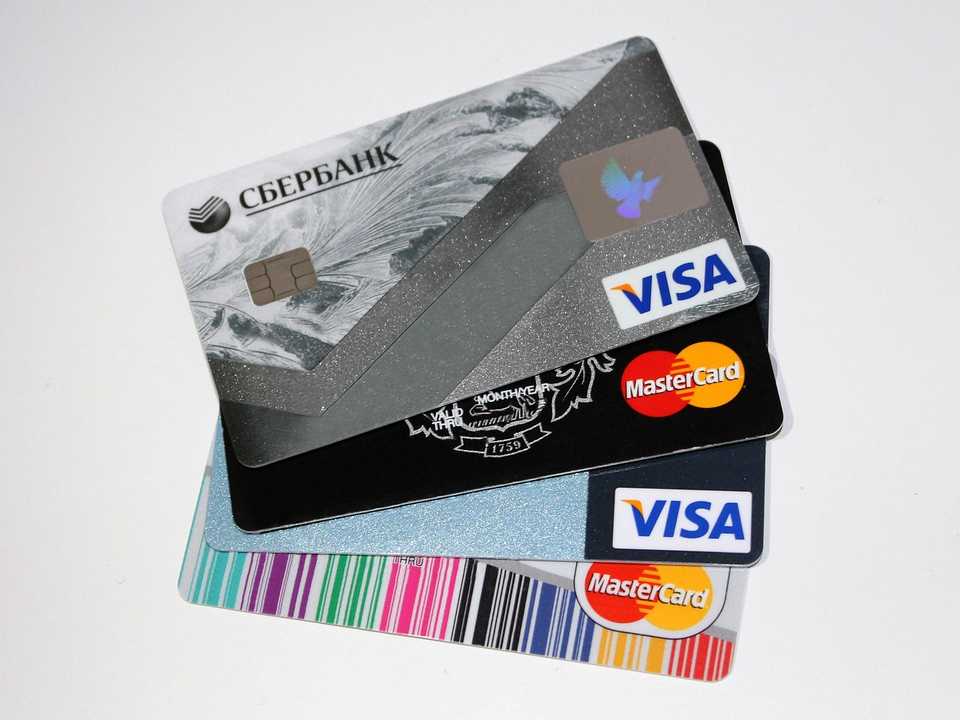Why are Credit Cards still Popular for Online Transactions?
Last updated: Nov 23, 2025
People have been paying through digital wallets or banking apps for a while now, so you might think credit cards are no longer in use. However, they are. In fact, credit cards are still one of the top choices for online transactions around the globe.
You can shop for clothes and shoes, order takeout, or fund a quick spin on your favorite online game, all with the help of credit cards. Despite the digital advances, credit cards are still popular. So, what gives? Why are people so attached to these little pieces of plastic?
Credit cards earn easy rewards
One of the most compelling reasons credit cards are thriving is rewards. Who doesn’t love getting something back for spending money you were going to spend anyway? Credit cards have turned this into an art form. Reward programs are practically a currency in their own right, from cashback and travel miles to exclusive discounts and sign-up bonuses.
As an online shopper, you probably know this game well. Spend a hundred bucks, get a percentage back. Stack up points, trade them for gift cards or hotel stays. It’s a smooth cycle of gratification.
Even in the online gambling scene, many players prefer using credit cards for their deposits because those transactions can still rack up points or qualify for cashback. Gambling expert Djordje Todorovic made a list of casinos offering credit card casino deposits where, according to him, you can get faster and secure deposits without having to rely on crypto or e-wallets. Visa, Mastercard, and American Express cards are the most accepted ones, processing deposits from $20 to $2,500. Plus, these platforms are available in most US states. So, depending on your card’s policies, you can get monthly rewards.
It’s not all about rewards; there’s something satisfying about making a smart financial move.
Credit cards are safer to carry and use
Nobody wants to carry around a wad of cash these days. It’s bulky, it’s easy to lose, and if it gets stolen, it’s gone for good. Credit cards, on the other hand, offer a kind of built-in protection that’s hard to beat. When you use a credit card for online purchases, you’re not handing over direct access to your actual bank account. There’s a buffer zone there, and that makes a world of difference.
Most credit cards come with fraud protection policies, meaning if someone does get their hands on your card number and tries to go wild on a shopping spree, you’re usually not held responsible for those charges. Some banks even alert you to suspicious activity within seconds. It’s like having a digital watchdog guarding your wallet 24/7.
And then there’s encryption. Reputable online platforms that accept credit card payments use secure, encrypted systems that keep your data safe in transit. While no system is foolproof, the structure around credit card security has been tried, tested, and constantly improved over the decades.
Credit cards help you track spending without the guesswork
Another major win for credit cards? Clarity. Every time you swipe, tap, or key in those digits online, your credit card logs it. You don’t have to sift through crumpled receipts or try to remember where that $37 went. It’s all there in your monthly statement, organized, categorized, and easy to review.
This is especially useful for anyone who shops online frequently, whether you’re a small business owner buying supplies or just someone who does their weekly grocery haul through an app. Keeping track of expenses can help you set better budgets, spot spending trends, and cut back where needed.
Some cards even break it all down for you in visual charts or monthly summaries, showing what you spent on entertainment, food, or bills. It’s basically a built-in financial assistant, and for many people, that’s a huge help in managing their money.
Credit cards help build credit
There’s a long game to using credit cards, and it goes beyond points and perks. Each swipe helps build your credit history, which in turn helps build your credit score. As long as you’re paying on time and not maxing out your limits, credit cards can quietly work behind the scenes to improve your financial standing.
Why does that matter? Because your credit score affects your ability to do everything from renting an apartment to getting a car loan, and even landing certain jobs. A good credit score can mean better interest rates, bigger loan approvals, and more financial flexibility down the line.
So every time you use your credit card responsibly, whether for groceries, online gaming deposits, or booking a vacation, you’re not just buying stuff. You’re investing in your future financial credibility.
When not to use a credit card
Of course, it’s not all sunshine and cashback. There are definitely times when using a credit card isn’t the best idea. If you’re already carrying a balance, adding more debt (especially with high-interest rates) can dig a deeper financial hole.
Impulse shopping is another trap. The ease of tapping a card or autofilling your payment details online can lead to purchases you might regret later. If you’re using your card to make ends meet and not paying off the balance monthly, the interest alone can cancel out any rewards you’re earning–and then some.
Also, not all online merchants are created equal. If a site looks sketchy or doesn’t offer secure payment options, it might be best to keep your card in your wallet. Trust your gut and stick to reputable platforms, especially when sharing sensitive information.
Credit cards are still king for a reason
Credit cards might seem like old-school tech in the time of the digital economy. But they’ve evolved right alongside the rest of the financial world, offering security, rewards, tracking, credit building, and unmatched convenience. Their staying power comes from versatility: they work whether you’re buying socks, paying bills, or spinning the reels at an online casino.

